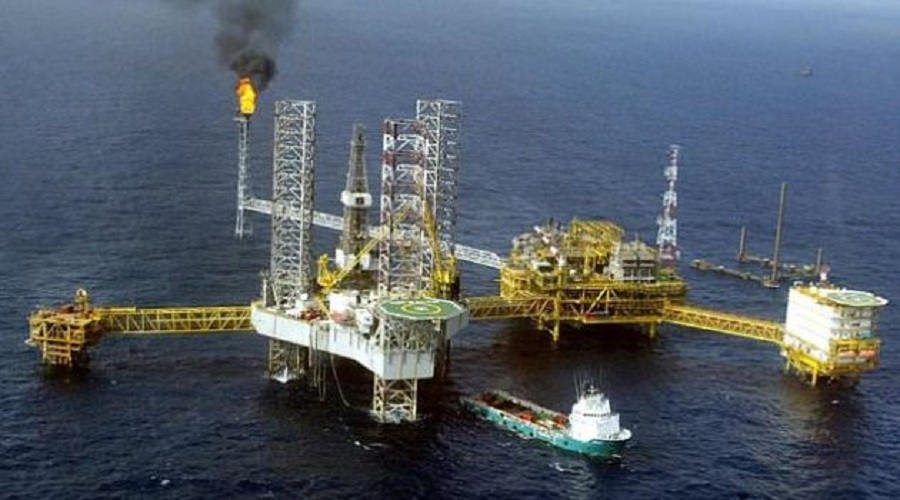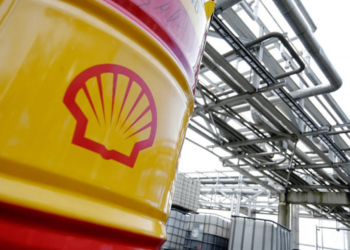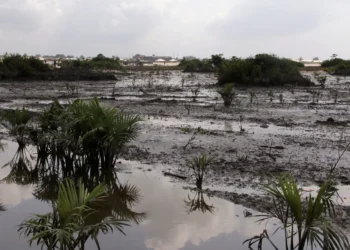A recent study report by Oslo-based Rystad Energy has suggested that many international oil exploration companies may soon be faced with huge profit loses due to what is being perceived as “unprofitable oil era”.
The scenario
The report noted that between 2010 and 2014, the global oil industry witnessed lots of investments by some of the biggest E&Ps. These companies pumped billions of dollars towards the construction of major deep-water oil assets, in hopes of taking advantage of global oil prices which, at the time, was as high as $100 per barrel.
Valueless assets
Unfortunately, the oil price hike didn’t last forever. Due to the price crash in 2014, all the offshore assets constructed between 2010 and 2014 were hampered from generating returns on investment. Today, these assets are still perceived as incapable of generating enough profits to recoup the huge costs incurred by the E&Ps that constructed them.

The only way these international oil exploration companies can recoup their investments is if a barrel of oil ever gets to sell at $70. At the moment, that seems almost impossible considering the fact that oil is currently trading at $56.99.
“Looking back at the offshore projects sanctioned between 2010 and 2014 with the knowledge we have today, we see that the last offshore investment cycle is struggling to create value. High development costs combined with low oil prices have severely undermined the profitability of these assets. From 2010 through 2014 around 3,000 new oil fields were sanctioned, and we estimate that around 800 of them did not create value.”
[READ MORE: Critics blame FG as Vitol quits oil fields acquisition]
It is important to clarify that the problem is not necessarily that these offshore oil assets aren’t producing enough barrels of oil. As a matter of fact, the report implied that the unprofitable era of oil that has been foreseen would be partly influenced by the large volumes of oil pumped from these oil fields and lower oil prices.
How does this affect Nigeria?
Although the report didn’t name names, Shell is one of the international oil companies that invested pretty much in Nigeria’s crude infrastructure during the period under consideration. The company is currently one of the biggest oil producers in Nigeria, operating alongside other international oil companies such as ExxonMobile Corp, Chevron Corp, Total SA, etc.
The Federal Government of Nigerian has a revenue-sharing model with these companies, even as the Nigerian economy is largely dependent on oil revenue. What these mean, thereby, is that the country needs its IOCs to perform well financially.
In other words, Nigeria should understandably be concerned over any situation that puts its international oil companies on the path to unprofitability. This is especially so now that the country is broke and looking for cash from all available means.





















